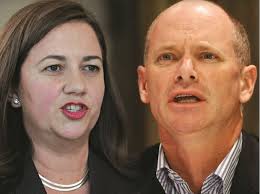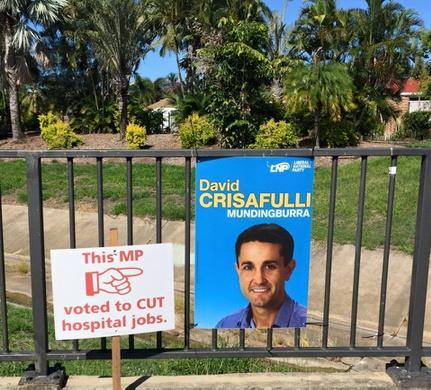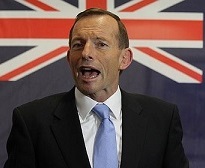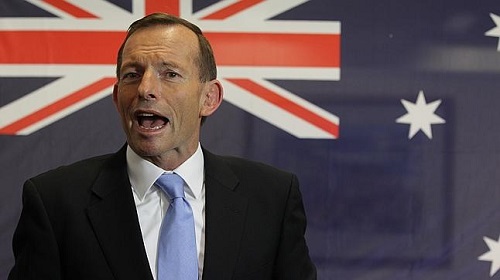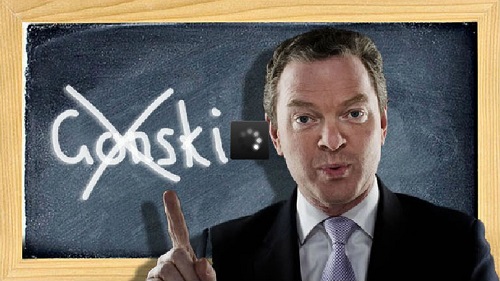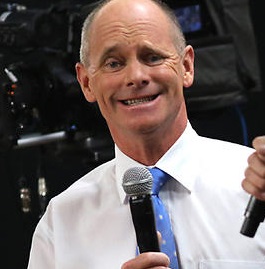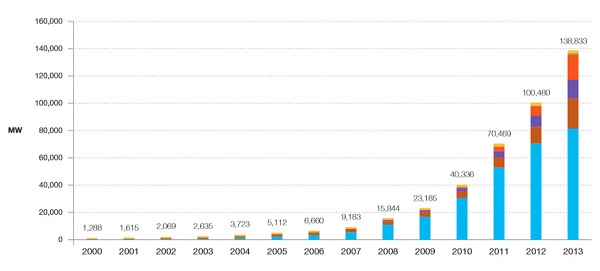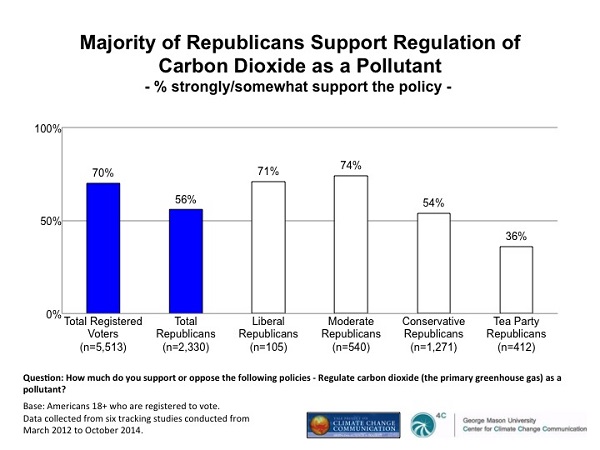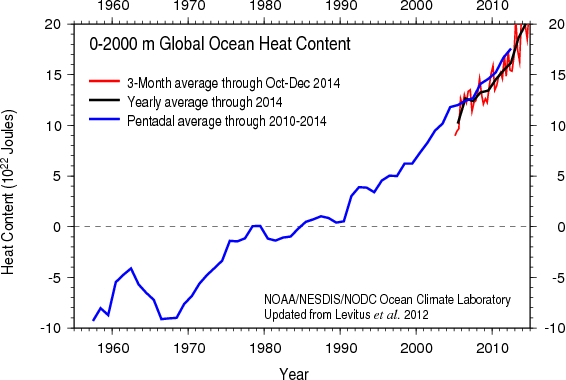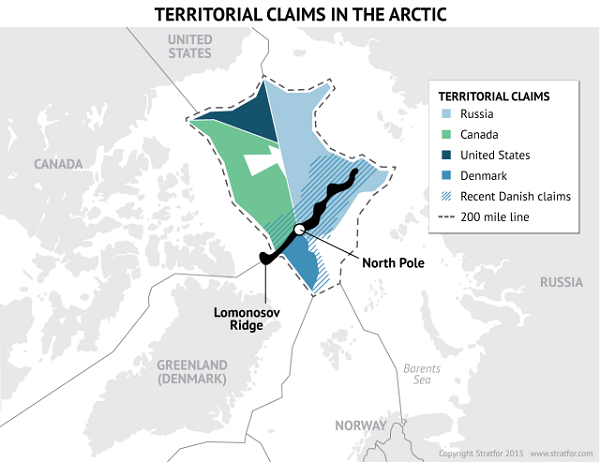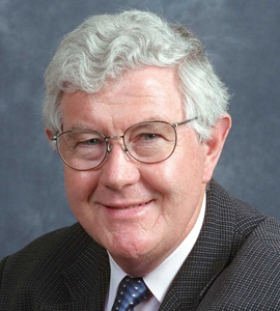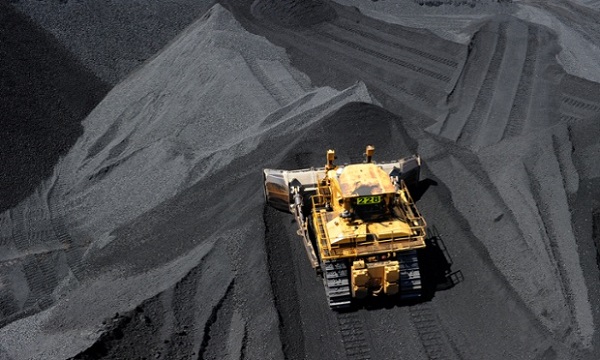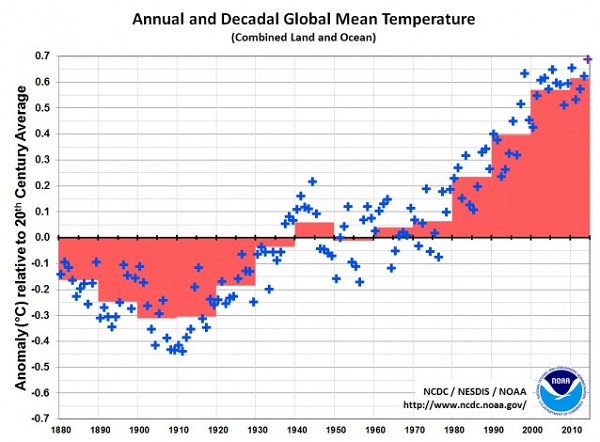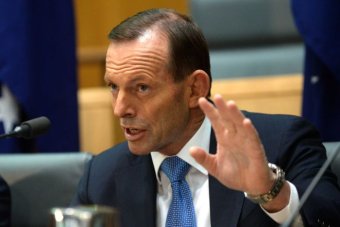
An open thread where, at your leisure, you can discuss anything you like, well, within reason and the Comments Policy. Include here news and views, plus any notable personal experiences from the week and the weekend.
For climate topics please use the most recent Climate clippings.
The gentleman in the image is Voltaire, who for a time graced the court of Frederick II of Prussia, known as Frederick the Great. King Fred loved to talk about the universe and everything at the end of a day’s work. He also used the salons of Berlin to get feedback in the development of public policy.
Fred would only talk in French; he regarded German as barbaric. Here we’ll use English.
The thread will be a stoush-free zone. The Comments Policy says:
The aim [of this site] is to provide a venue for people to contribute and to engage in a civil and respectful manner.
Here are a few bits and pieces that came to my attention last week.
1. Distracted by tennis
The second week of the Australian Open tennis is always interesting. Unfortunately watching it is incompatible with blogging.
Tonight Novak Djokovic prevailed 7-6 (7-1), 3-6, 6-4, 4-6, 6-0 over defending champion Stan Wawrinka and will now meet Andy Murray who beat the Czech Tomas Berdych in four sets on Thursday night.
Although Wawrinka’s game fell apart in the final set, prior to that he showed that he had the game to mix it with the top players. Berdych, ranked at seven in the world, still looks on the fringe. The old guard looks like running the show for a while longer. By the way Wawrinka and Berdych are both aged 29.
I’m tipping Murray for the final. Wawrinka broke Djokovic’s serve five times in all and I suspect he isn’t in prime physical condition. He looked vulnerable. Only a fool would write him off, however.
The women have been playing during the day in the quarters and semis, so I haven’t been able to follow them. Earlier I did see something of the young American Madison Keys, who looks one for the future.
The coroner was told that gunman Man Haron Monis executed Lindt Cafe manager Tori Johnson after making him kneel on the floor. The killing was witnessed by a police marksman who called the control centre. The police immediately stormed the cafe. Six fragments of a police bullet or bullets, which ricocheted from hard surfaces, hit Katrina Dawson, causing her death.
A former member of the Australian military’s elite domestic counter-terrorism unit has publicly suggested that police used the wrong rifles during the siege, with heavy bullets posing a high ricochet risk in the enclosed space.
Mitchell McAlister, writing in the American online journal SOFREP, a magazine presenting news and analysis from former special forces operatives, said he believed the choice of the M4A1 carbine may have contributed to the death of Ms Dawson.
3. Morgan poll
ALP support rose to 56.5% (up 2%) on Australia Day weekend, well ahead of the L-NP 43.5% (down 2%) on a two-party preferred basis. If a Federal Election were held now the ALP would win easily according to this week’s Morgan Poll on voting intention conducted with an Australia-wide cross-section of 2,057 Australian electors aged 18+.
Primary support for the ALP rose to 39.5% (up 1%) now ahead of the L-NP 37.5% (down 1%). Support for the other parties shows The Greens at 12% (up 2.5%), Palmer United Party (PUP) 3% (up 1%) while Independents/ Others were down 3.5% to 8%.
Support for PUP is highest in Clive Palmer’s home State of Queensland (7%) – which faces a State Election this weekend and Western Australia (4%) with negligible support for PUP in other States.
Some pundits are suggesting the Abbott has six months to turn things around. That makes the 2015 budget rather crucial.
The only demographic preferring the LNP is now the 65+ group.
(Reuters) – Greek leftist leader Alexis Tsipras promised on Sunday that five years of austerity, “humiliation and suffering” imposed by international creditors were over after his Syriza party swept to victory in a snap election on Sunday.
With about 60 percent of votes counted, Syriza was set to win 149 seats in the 300 seat parliament, with 36.1 percent of the vote, around eight points ahead of the conservative New Democracy party of Prime Minister Antonis Samaras.
Paul Mason has the background in The Guardian: ‘Hope begins today’: the inside story of Syriza’s rise to power. He says:
Syriza’s victory has electrified the left in Europe – even moderate social democrats who have floundered in search of ideas and inspiration since the 2008 crisis. Now there is talk everywhere of “doing a Syriza” – and in Spain, where the leftist party Podemos is scoring 25% in the polls, more than talk.
I heard Tsipras say he wants discussion about Greece’s debts, not negotiations. The market’s have not taken fright, so I guess the sky won’t fall in. It is said that David Cameron’s hopes of achieving a “full-on” re-writing of the EU’s governing treaties have suffered a severe blow.
5. Birdman
On Australia Day we went to see the film Birdman, which I am informed was one of the better films of 2014.
Here’s a reviewer that liked it. The plot is unprepossessing – a washed up actor is directing and starring in a play, which in preview looks like one disaster after another.
It’s rivetting, funny and serious, with layers of meaning, beautifully acted and shot. Given the violence from time to time, it can’t end altogether well, but to tell would be a spoiler. Highly recommended.


